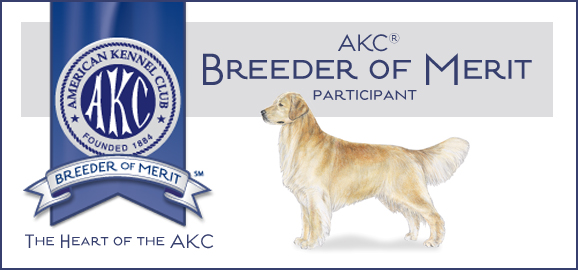Start with the Basics
Start with the basics when working with your new puppy on all obedience exercises. This principle is especially important when training the recall. Your puppy must learn how to respond to your voice and your physical queues and mannerisms. Initially, your puppy may not even recognize that you are calling him. And even if he did, he may not know that you are worth coming to.
Therefore, you must initially start training the recall the same way that I did: by calling your puppy when he is about to come to you anyway. If you begin calling your puppy when he’s not paying attention to you, your voice will begin to blend in with all of the background noises in your puppy’s world and your recall will become irrelevant to your puppy.
A Puppy Must Be Trained to Every Person’s Voice That Wants to Recall Your Puppy
Your puppy is trained at this point to come only to the sound of Jenna, Elise, and me. However, the transition from our voices to yours should transfer quickly (within a few days).
How to Train the Recall
Here is how you start the training. When your puppy happens to look your direction and starts to come towards you, say your puppy’s name and then “come”, back away from him, bend over, and have the food in both hands held out for him to take. Jenna will show you this in person.
Reward him while you are still backing away from him and while he is still chasing you. Do not ask him to sit first. Just reward your puppy. If you ask him to sit first, your puppy will associate the reward with the sit and not the come. A sit is good to reinforce in most instances, but not immediately after a recall. The come must be reinforced more rigorously than any other behavior. Don’t let a sit come between the come and the reward.
Reward the recall with two handfuls of dog food. Reward with 3-5 pieces of kibble in one hand. Then immediately reward with 3-5 pieces of food from the other hand.
Practice the recall when the puppy is about to come to you anyway several times. Then try the recall when the puppy is not looking at you (but not terribly distracted either). Gradually increase the level of distractions that you are calling your puppy away from.
A Knee-jerk Reaction and a High Success Rate
A solid knee-jerk reaction to the sound of your voice must be trained.
If the puppy’s response is not immediate, quick, and even a jerk away from whatever it was that you are calling him away from, you are moving too quickly in the training and expecting too much from your puppy too fast.
In all dog training, progressing too slowly in training is not a problem. However, moving too fast can set the puppy up for failure. It is of utmost importance that you keep your puppy successful with the recall even more than in any other exercise.
If the puppy doesn’t come to you, don’t repeat the command. Just own up to the fact that you’ve expected too much from your puppy too fast. Next time, don’t call your puppy from something this distracting until you’ve practiced more with lower level distractions.
High Rate of Reinforcement
Our recall when trained correctly can be a powerful recall for emergency situations. However, for the recall to remain powerful, it must be highly reinforced. We recommend minimal use of this recall when you don’t have food on you unless the situation is an emergency where a reliable recall is highly important.
Our puppies all want to come to us. If you don’t have food on you, just say the puppy’s name. You may not get a knee-jerk reaction, but chances are really high that the puppy will come when called as long as you are someone the puppy wants to be with.
Calling a Puppy for Unpleasant Tasks
In order for the puppy to continue coming with the use of his name, make it as pleasant as possible without having food rewards. If you are wanting your puppy for an unpleasant task and it is easy to go get the puppy, don’t call him to you. Instead, just go get him.
Our puppies do well for nail trims and for baths, but none of them particularly enjoy them. Therefore, we never call them to us for these activities. It is worth it to us to take a few extra steps to get our puppies for things that are not enjoyable to the puppy in order to continue having a puppy who wants to come when called.
However, there are times when you need to call a puppy for certain tasks in situations where it is difficult to get the puppy. In these situations, we recommend random recalls with rewards so that your dog doesn’t get wise to when he is being called for something he doesn’t like.
For example, let’s say you take your puppy regularly to play with a friend’s dog. He loves the play and will stay for far longer than you’d like to stay. If you call your dog only when it’s time to leave, he will soon decide that the food reward isn’t worth giving up the play time! Your recall will quickly be routinely ignored.
To keep this from happening, take treats with you for the play day. Randomly call the puppy throughout the play time and reinforce the recall with treats. Then, release the puppy to go and play some more. If you reinforce the recall with treats and a release far more than you don’t release him, you can maintain the value of the recall. The key is for the puppy to anticipate being rewarded and then released to play some more. You don’t want your puppy to associate your recall with the end of fun.

